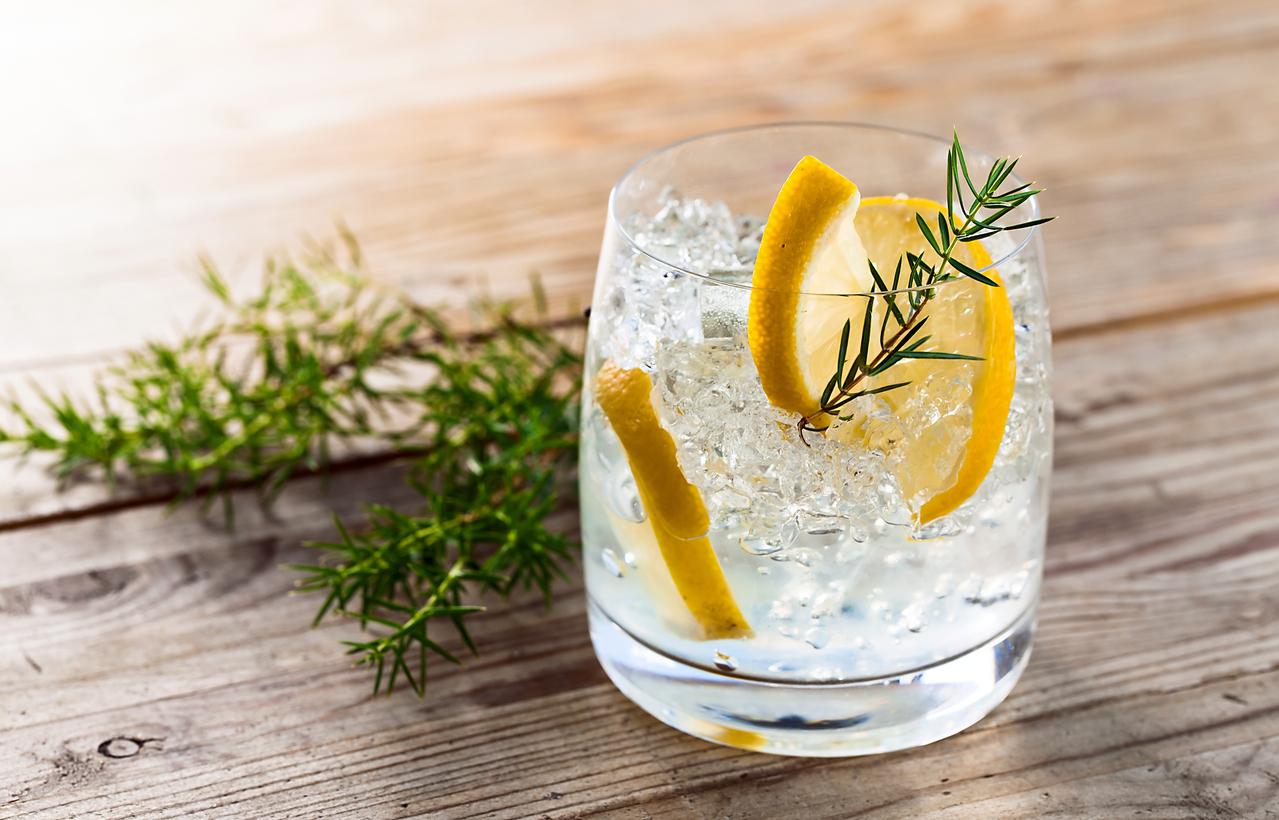Adding lemon and ice to your drink could make you sick, finds study
Garnishes were found to absorb dangerous bacteria 100 per cent of the time

At the end of a hard day nothing quite beats a refreshing bevvie garnished with sliced fruit and lashings of ice. But it turns out you might be drinking more than you bargained for.
That’s because as well as bringing flavour to your favourite tipple, adding lemons and ice also carries a host of bacteria and viruses that could potentially make you sick, the Daily Mail reports.
While ice has a long history of contamination – in 1987 it caused a four-state outbreak of Norovirus in the U.S. and was responsible for a cholera epidemic in Latin America in 1991 causing 17 deaths – a new study conducted by food scientists at Clemson University proves just how easily bacteria can be transferred.
A popular addition to drinks at home and in restaurants and bars, the research discovered that when hands were contaminated with E. coli – a serious infection that can cause diarrhoea, vomiting, stomach cramps, and fever – the bacteria were transferred to wet lemons and ice 100 per cent of the time.
But, if the lemons were dry, the rate was cut to just 30 per cent.
The worrying findings are consistent with a previous study published in the Journal of Environmental Health in 2007 which found that almost 70 per cent of lemon slices used in drinks from 21 restaurants were carrying some sort of microbial growth, including 25 different microbial species.
And it’s even worse for ice with up to 67 per cent of bacteria being transferred by hands and 83 per cent from scoops.
But what if you make your own drink - surely that’s safer, right?
Wrong. At self-service drink stations, lemon slices can become contaminated with bacteria when being cut into slices as well as when customers pick up slices using their hands.
In the new study, researchers also found that when lemons which had been incoluated with E. coli were left at room temperature for between four and 24 hours the amount of bacteria increased by more than five times.
What’s more, if you thought that alcohol would take care of any contamination then you’re seriously mistaken.
According to a separate study, pathogens frozen in ice then allowed to melt survived even in 80 to 86 proof mixtures of Scotch and soda or tequila.
In most cases, many of the pathogenic bacteria in the ice survived long enough to get into the drink once the ice melted.
Join our commenting forum
Join thought-provoking conversations, follow other Independent readers and see their replies
Comments
Bookmark popover
Removed from bookmarks